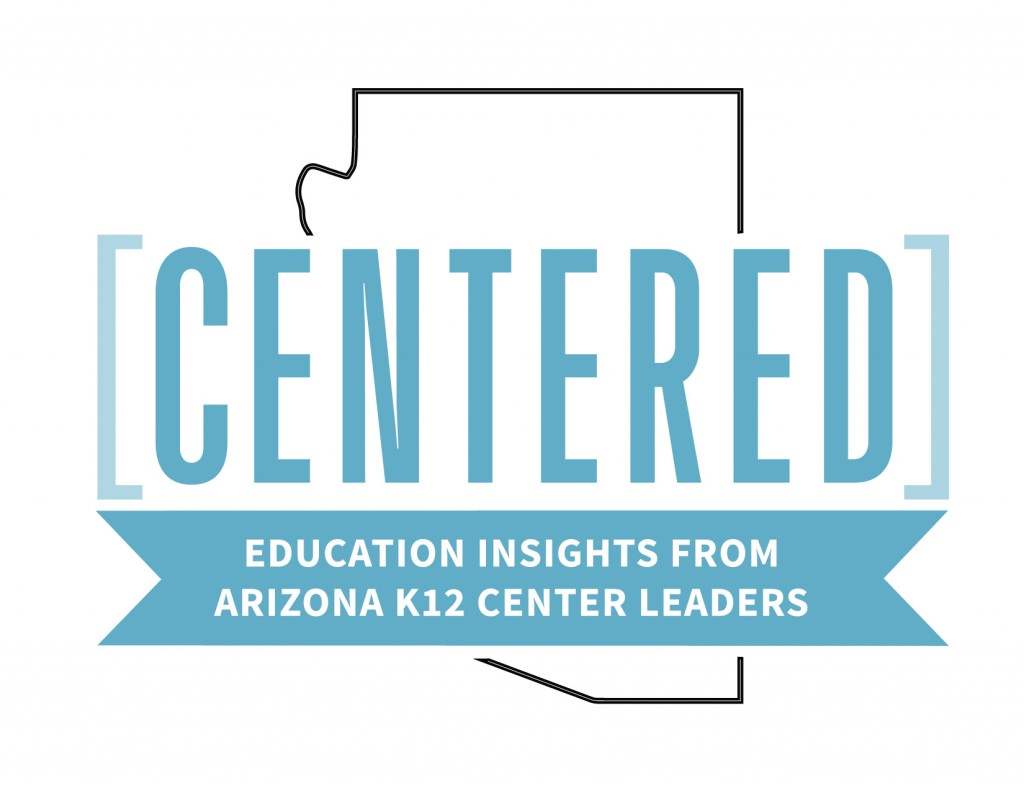Centered
Executive Director Dr. Kathy Wiebke, NBCT, reflects on the need for a fuller understanding of our country's past and present in order to build a better future.
Jun 24, 2021
I am a teacher. However, it has been a long time since I have been in a classroom where I was responsible for the learning of 30+ human beings under the age of 18. As a former elementary classroom teacher and one who has stayed very connected to the teaching profession since leaving, I know that changes in education come slowly.
I am also a smart person and fairly well read.
You know the first time I learned about critical race theory? When I was in graduate school working towards my doctorate degree.
Critical race theory wasn’t in my fifth-grade standards where I spent the bulk of my career. It wasn’t in a textbook. It wasn’t taught. I did teach my students that America was already inhabited by the time Columbus got here. I did teach my students that those same inhabitants were forced onto some of America’s most undesirable lands. I did teach my students that our founders created the Constitution with three separate but equal branches of government. I did teach my students about slavery, the Civil War, and Reconstruction. I also taught my students about the bombing of Pearl Harbor and the subsequent internment of Japanese Americans. At the same time, since history is typically taught chronologically there were things I just never got to because the clock ran out. Through all of these lessons, I also taught my students about fairness, kindness, and respect.
I do remember challenging my kids to think. I remember one time when we were learning about the Declaration of Independence where “all men are created equal” and a student asked me if that included the women. I turned that question back into a question and asked her what she thought.
I was an elementary teacher. My own knowledge of America’s history was somewhat limited and definitely sanitized. I did not hear about Black Wall Street and the Tulsa Massacre until I saw a 60 Minutes episode about it last year. I remember watching the movie Hidden Figures with my mom and her asking me to stop the movie. I looked at her and she had tears in her eyes. She said, “I had no idea this was happening. I never knew.” My mom was visibly shaken by that movie and the unjust treatment of Black women in her lifetime as an adult.
I grew up in Scottsdale, Arizona. There were no people of color in my neighborhood to speak of. As I grew up staying in Scottsdale, going to Arizona State University, and teaching in north Phoenix, my interactions with people not like me were limited. During high school and college, I worked at a local department store and that was the first time I had friends who were gay (and, let’s face it, I probably did have friends who were gay prior to that but no one talked about it). In reality, it wasn’t until I left teaching and worked at the Arizona Department of Education when I worked alongside and with people of color. Over time, they were no longer strangers but friends.
It is when you become friends with someone and hear their stories that you learn about the injustices of being in the minority. I remember my friend Larry who had been beaten up and called horrible names just for being gay. Another time, at an engagement party, Daryl, the husband of a family friend, showed up in a suit and tie. It was a casual backyard affair and I told Daryl he could loosen up and lose the tie and jacket. Daryl went on to say, “When you are Black, you always have to be better dressed than everyone around you.” I remember walking away thinking that was odd, yet, at the same time, understanding. I remember an employee who was Latino telling me the story of her brother constantly being pulled over for small things, things that I never encountered. When I asked her why, she said, “Driving while Brown.” Or, the time a colleague told me that he is always followed in stores. I think it would fall under a similar category of “shopping while Black.”
This country has been built on oppression. Until we come to grips with the fact that we have developed systems that have created differential outcomes for some, we can never be whole. As a white woman who grew up in Scottsdale, I know and understand my privilege. It was never a question that I would go to college. No one follows me when I shop. The only time I have ever been stopped is when I was speeding. No one questions me about my right to be somewhere as I move freely throughout this country.
But everyone does not have it as easy. We have serious systems of inequity, and until we recognize this as fact and begin to talk about it, we will not be able to move forward. It is the inequities of America that have created a system of haves and have nots. It is the inequities of America that have created a two-tier public education system. It is the inequities of America where entire neighborhoods have been redlined making home ownership almost impossible.
I love this country but it has some serious flaws. We cannot ignore the violence, hatred, and racism. We need to be able to have difficult conversations both in and out of classrooms.
This brings me back to critical race theory. State legislatures are swiftly moving to ban the teaching of critical race theory in America’s classrooms. At the same time, I suspect if you asked any number of these legislators what critical race theory is they would be hard pressed to provide you a succinct answer. The last place where we should decide what should be taught in our classrooms is in our state legislatures.
Stifling conversation and muzzling teachers are not going to get us to where we need to be. Teachers need to be able to teach the facts of U.S. and world history, including the extremely uncomfortable and sordid parts. A just and fair space built around the promise of equality cannot be realized until we understand the systemic racial inequalities that are woven into the fabric of America.
And, at the end of the day, a dose of fairness, kindness, and respect wouldn’t hurt either.



